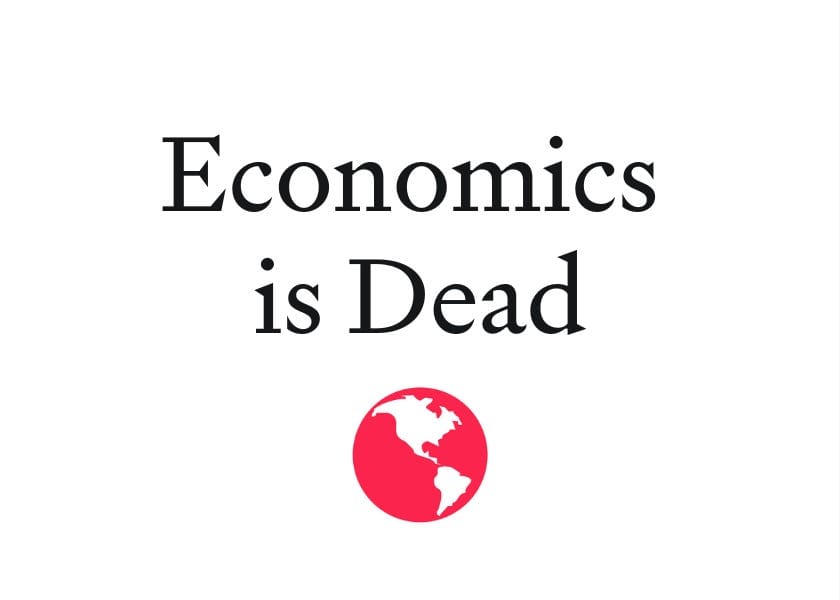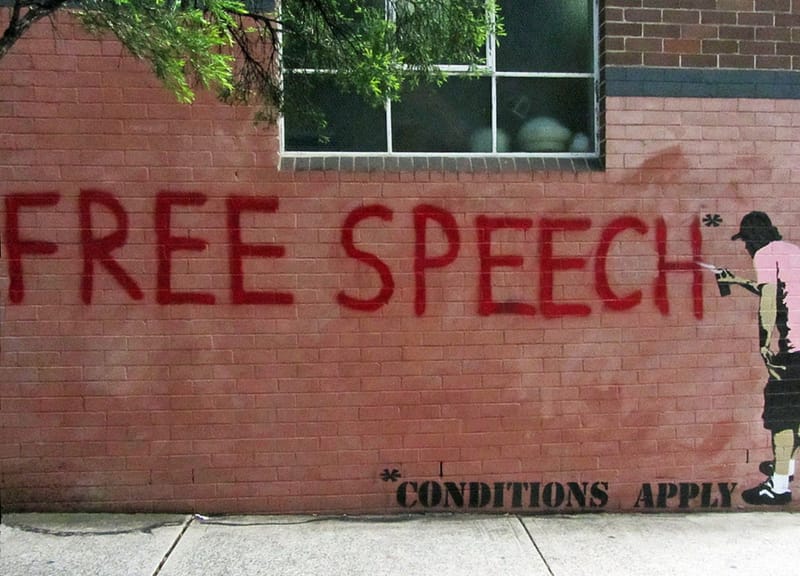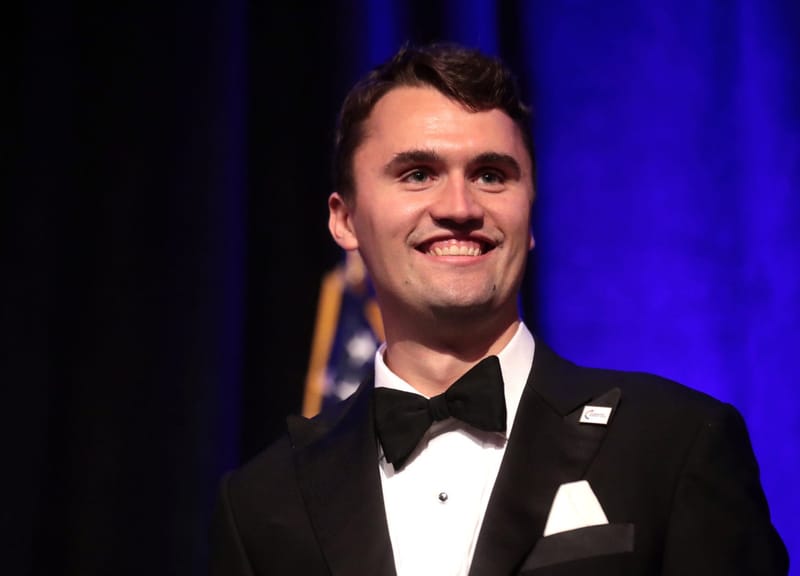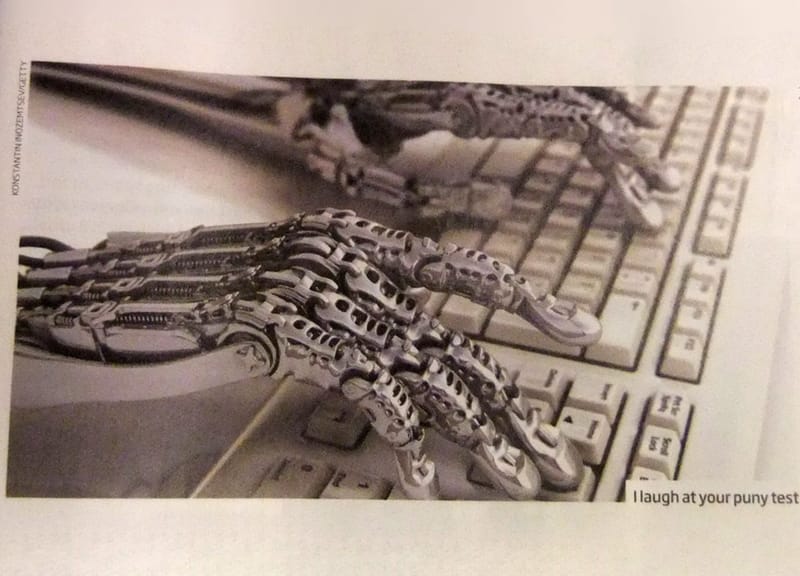Economics is Dead
The Neoliberal Agenda is a Fool's Errand

Last week I interviewed The Cowboy Economist, a Professor of Economics at Texas Christian University, Forbes columnist, and author of Contending Perspectives in Economics: A Guide to Contemporary Schools of Thought. We had a far ranging discussion about the origins of capitalism, alternatives to capitalism, Keynes and post-Keynesian and neoclassical economics, with John plotting out how neoclassical economics became the dominant school of economics.
“Economics is dead,” John stated towards the end of the episode. He claims that if we want to change the world it’s going to have to be through policy, and part of the strategy must entail getting between the policy-makers and the neoliberal economists advising them.
Planet: Critical investigated why the world is in crisis—and what to do about it.
John explains how the Neoclassical school of thought pulled ahead of the herd of economic theories to become the mainstream economic thought, leading to the ferocious age of late-stage capitalism we’re living through today. He revealed how McCarthyism drove the Neoclassical push as, during the Cold War, the United States was trying to purge its country of communism and anything affiliated with Russia. As capitalism had come to represent American identity, the with hunt for communists had an inverse, shadow effect of promoting capitalism and the free market—the American ideal. Neoclassical economics explained and celebrated American ideology during a time the American identity was under threat (no doubt exacerbated by losing the Vietnam war).
This led to the rise and mutation of neoclassical economists into a neoliberal agenda which drives political leaders, recursively investing in and doubling down on the economic paradigm we live in today despite increasing wealth gaps, food poverty, fuel poverty, housing crises, inflation, unemployment, and climate catastrophes all around the world.
Who’s in charge?
Power is very often discussed on Planet: Critical. Who wields it? What’s their agenda? How do we grab it? These topics are nuanced and complicated because people, even those in charge, even those colluding with fellow elites to thieve and exploit, are typically products of their environment and very often either believe what they are doing is correct, or that they have a right to it. So how do we parse the paradigms that people live in, believe in, replicate, and the deliberate and cynical deeds done to maintain power?
We may call both effects of the “political agenda”. However, it is critical to remember that political agendas are the result of systems, in much the same way late-stage, neoliberal madness capitalism is the result of a neoclassical ideology which was swept up by political, cultural and social systems. The political agendas we decry today could only arise on the shoulders of the past, like anything else.
This may seem obvious to some, but let’s continue to break it down: The concept of the free market began with Adam Smith to combat strict government regulation and prevent elite monopolisation which were doing little to provide for the average Joe. This was taken up by Friedrich Hayek and Milton Friedman, whose theories advised Thatcher and Reagan. Combining this political power with the nationalist narratives sweeping the United States during the Cold War period is a recipe for ideological hegemony.
Where did it go wrong?
Ideological hegemony describes the economics of our world today. Neoliberalism quite literally ignores evidence to maintain itself; governments submit citizens to party values. Where did it all go wrong?
We live as part of an ecosystem of components interacting with one another, people included. Arguably, then, political agendas and late-stage madness are not plans, but byproducts of those systems. Ideologies are byproducts of systems. Nobody is in charge.
A system is created over time through the evolution of multiple components interacting and transforming due to those interactions. To state that a system could be created by an ideology ignores what it takes to really make a system. Whereas, we have many examples of ideology as byproduct of system.
Take The Old Testament (or any religious text): passage upon passage of rules and doctrine about what to eat, what not to eat, who to marry, who you can’t marry, where to live, what to claim, how to serve. We know from behavioural science that repetition is the best way to create habits and change beliefs: Is it the repeating of acts, rituals and traditions that internalises a way of life which then creates the ideology?
Following on, the ideology, the byproduct of the system, becomes a thing in and of itself, and that point the system must start to break down because it is no longer functioning in the real world but in an ideological construct of the world. Of course, there isn’t just one system and one paradigm, but it explains why fervent believers despite mountains of evidence appear genuinely mad to others.
It also explains why neoliberal economists maintain that neoliberal economics will save us from the conditions created by neoclassical economics.
Why systems break down
Schools of thought like neoclassical economics, which respond to the problems of their day, evolve over time into a systemic approach which then births an ideology. That ideology then mandates the continuation of that system in order to maintain its own existence.
But ideologies are fixed, they are by their vary nature rigid, non-responsive. They do not tend to evolve. So the mandate becomes that the system has to act within conditions that don't actually exist. This is why systems break down. It’s also why agents of power double down on their ideology and deliver KamiKwasi mini-budgets to the horror of citizens and markets alike.
The old gospels cannot respond to the world today because they don’t exist in the world today. We need to devote our creative powers to envisioning the new, and construct that new with the knowledge one day it will be out-dated. We need permission to abandon the past to create the future.
Planet: Critical investigated why the world is in crisis—and what to do about it.



